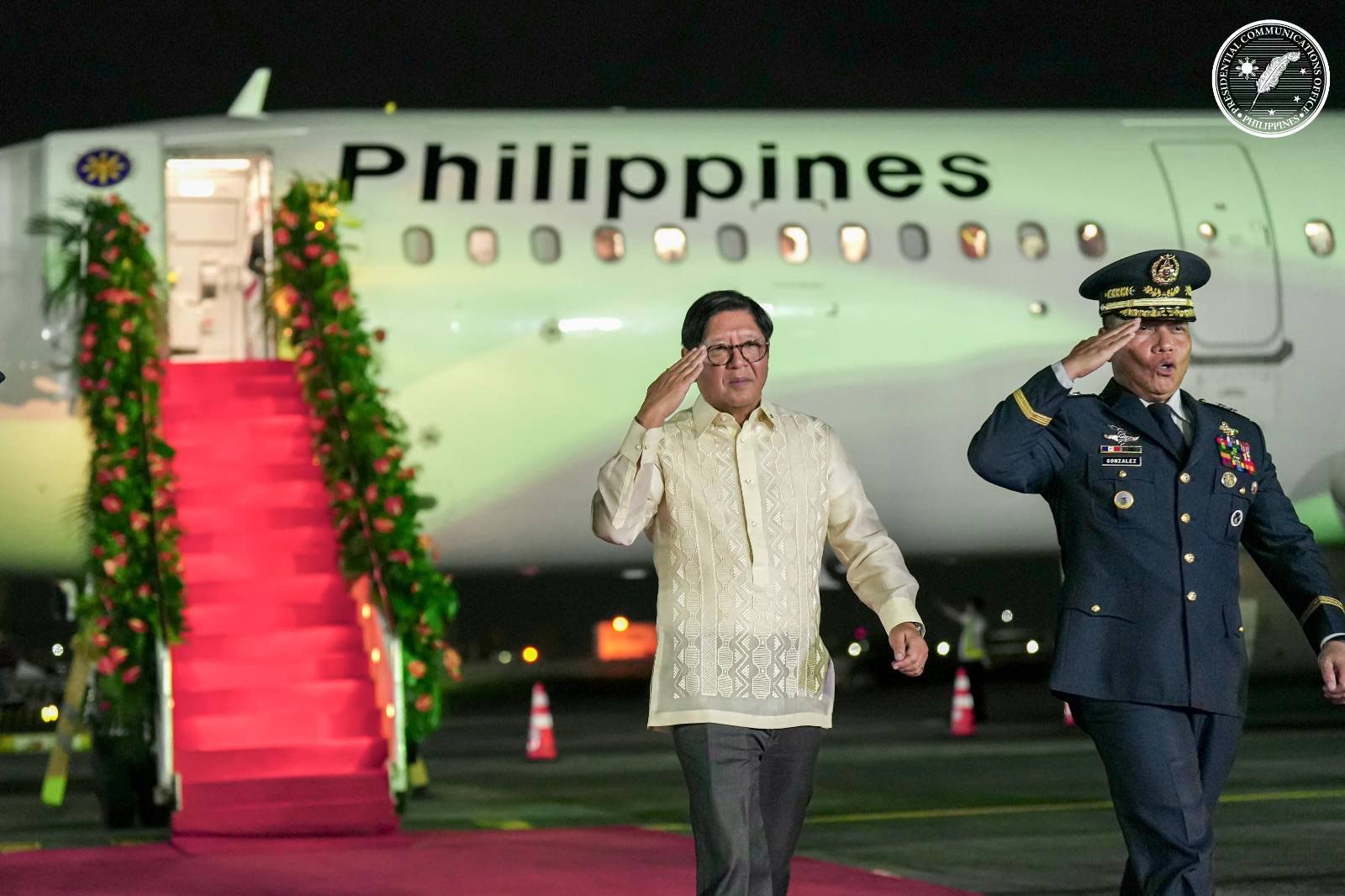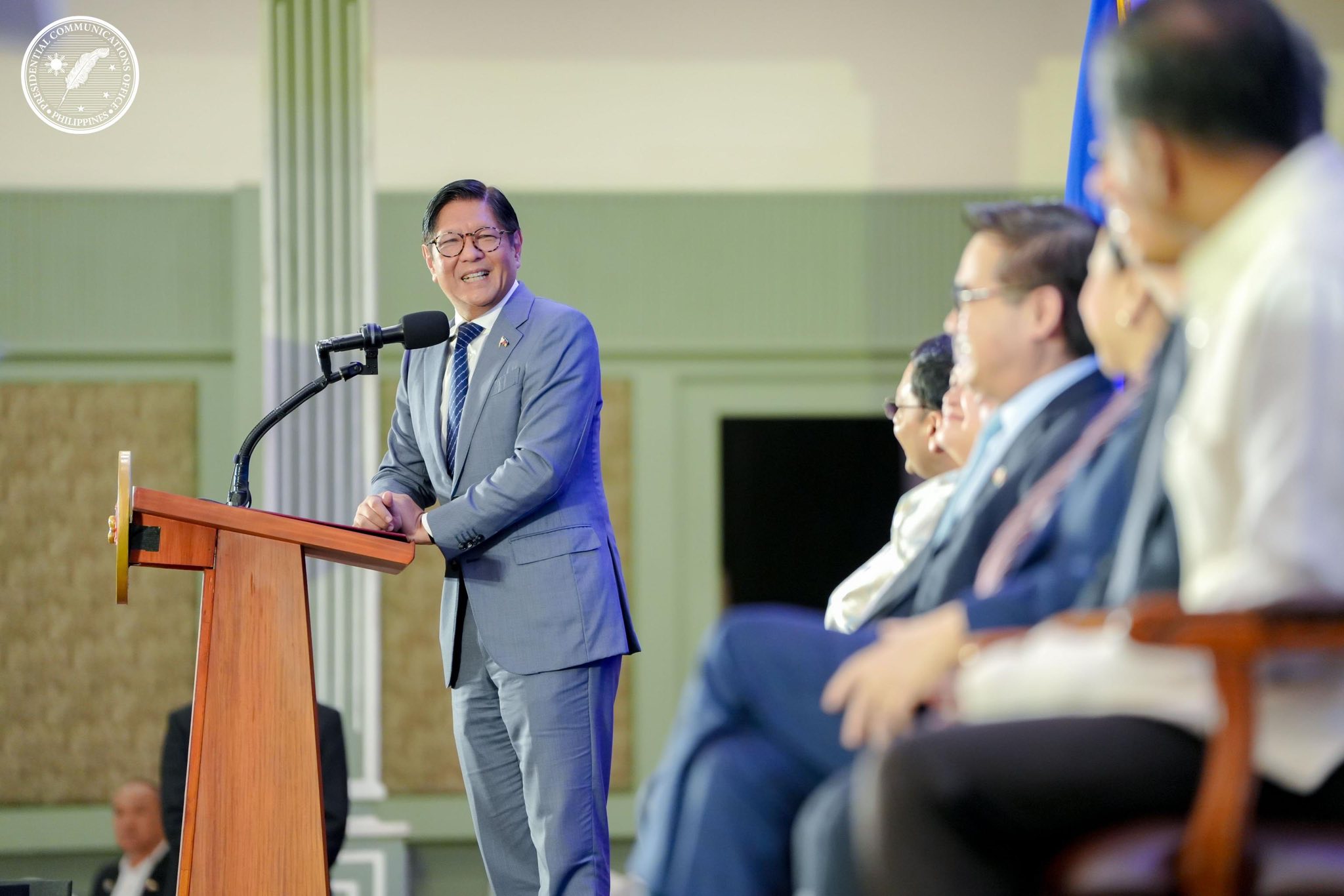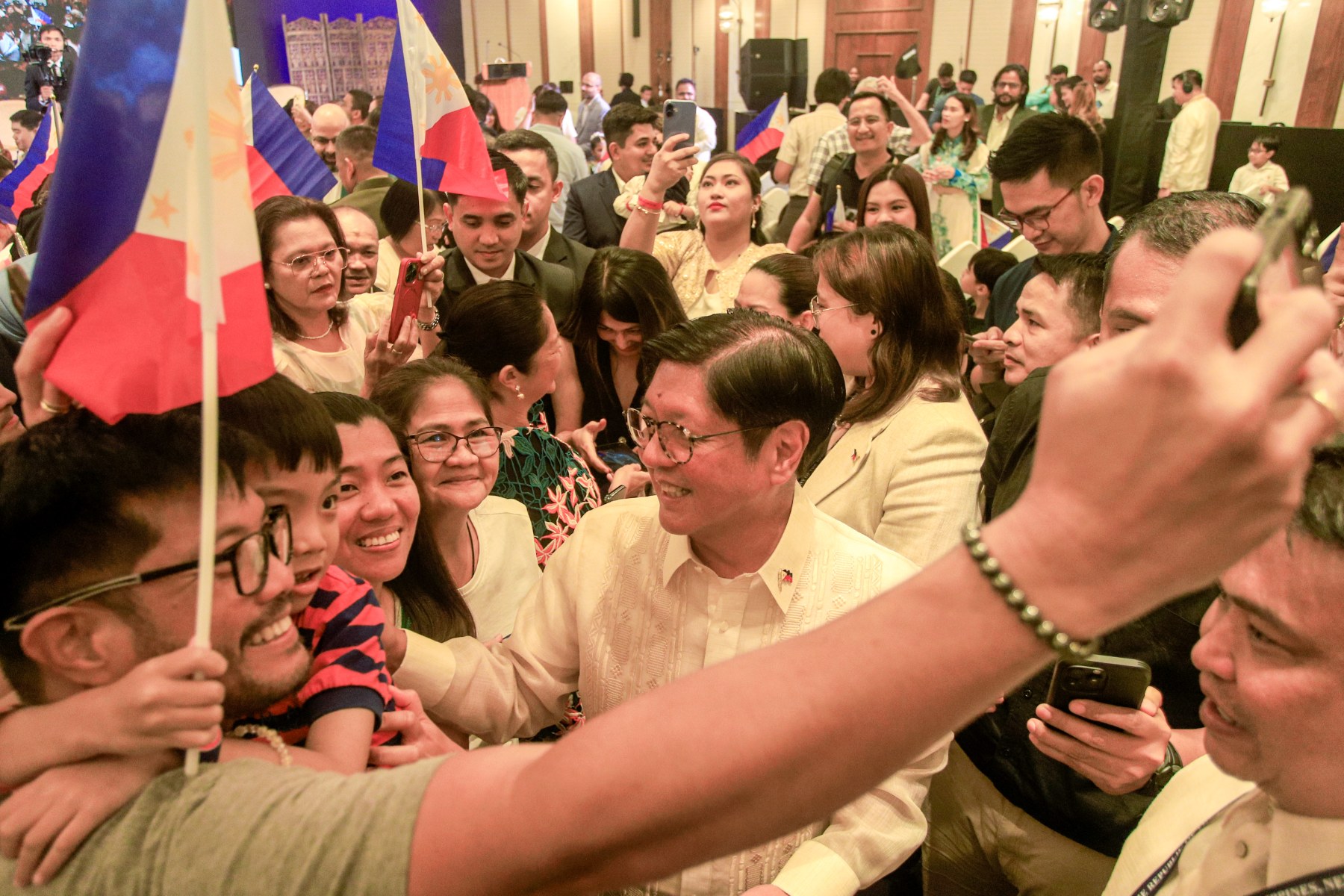
By Brian Campued
President Ferdinand R. Marcos Jr. returned home from a successful five-day state visit to India from Aug. 4–8, carrying with him a promise of a deeper partnership with New Delhi through government-to-government and business agreements—all aimed at fostering shared progress and prosperity for both nations.
In a video statement following his arrival at the Villamor Air Base in Pasay City on Friday night, President Marcos highlighted the formal elevation of the Philippines’ bilateral ties with India into a Strategic Partnership, paving way for closer collaborations in different areas of cooperation.
“The elevation of our bilateral ties signals our mutual recognition of the complementarity and alignment of our interests, not only in bilateral matters but also in many regional and international issues of critical importance to both our countries,” he said.

India is now only the fifth country with which the Philippines has a Strategic Partnership, joining the United States, Japan, Australia, and South Korea.
“As Strategic Partners, the Philippines and India enter a new era of closer, multidimensional, and impactful engagement between our countries and our peoples,” he added.
As part of the celebration of the two countries’ 75 years of diplomatic relations, Prime Minister Modi—who described the Philippines as a “friends by choice, and partners by destiny”— announced that Filipinos can now apply for tourist e-visas to India for free.
President Marcos also engaged in a bilateral meeting with Indian President Droupadi Murmu, who then hosted a dinner banquet for Marcos Jr., First Lady Liza Araneta-Marcos, and their delegation.

In terms of trade and investment, the Chief Executive announced that the Philippines secured around $446 million direct investments across 18 business agreements, as well as investment pledges from Indian business leaders amounting to around $5.798 billion during the Bengaluru leg of the visit on Thursday (Aug. 7).
“From these, real investments are expected to generate more than 4,000 direct jobs, including large-scale employment linked to infrastructure, manufacturing, and renewable energy projects,” he said, noting that some of these agreements include commitments to digital upskilling with a combined value of $11 million.
“We also [projected] to train about 26,120 Filipinos by 2026 in AI, digital technologies, and cybersecurity—ensuring that we have a competitive, future-ready workforce.”
“Important to these are the security and rule of law in the maritime commons, food security, supply chain resilience, and countering terrorism and other traditional and non-traditional threats. One key focus of my visit was on enhancing our trade and investment relations with India,” he explained.

But for the President, the core of his foreign trips remains to be his “pakikipag-kumustahan” with the Filipino community abroad—as he first met with Filipinos in New Delhi upon his arrival on Monday (Aug. 4) before formally beginning his official engagements.
“It was our great pleasure to meet with the Filipino Community in India,” Marcos noted. “It is important to recognize their important contributions not only to the economy, but in promoting a Philippine culture abroad and fostering people-to-people ties.”
-jpv
